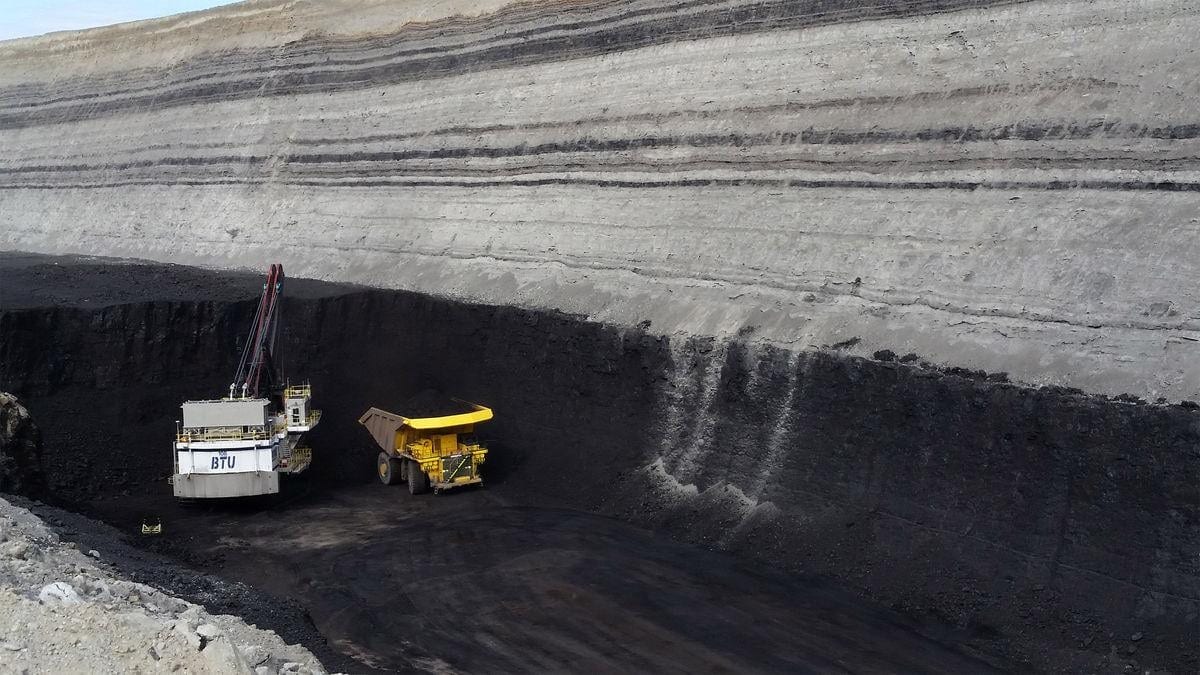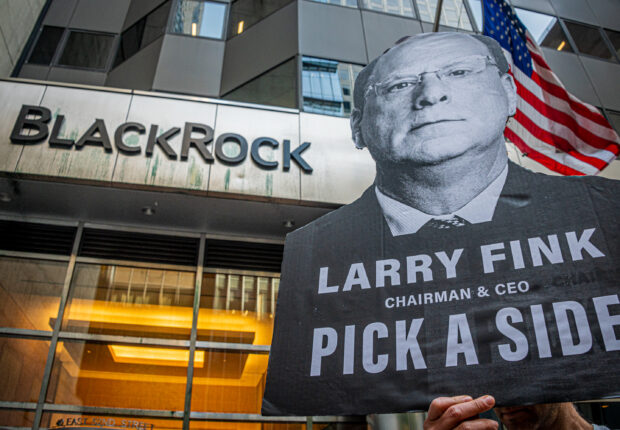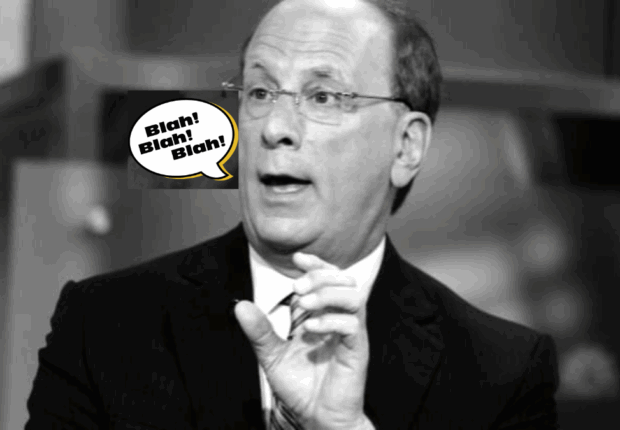
Sustainable funds in the climate era shouldn’t include coal companies like Peabody and pipeline giants Kinder Morgan, TransCanada and Enbridge. Don’t be fooled.

BlackRock recently announced a new suite of “sustainable” exchange-traded funds (ETFs) in order to “help take sustainable investment mainstream”. Sounds like good news, right?
We do need to make sustainable investing mainstream because it’s really the only way to shift the trillions away from fossil fuels and deforestation and towards solutions for our climate crisis. And the world’s largest asset manager, the biggest owner of climate and rainforest destruction, is a key actor in making that happen.
But these repackaged ETFs from BlackRock are woefully inadequate. Why?
First, if you want to talk “sustainable investing” this far into the climate crisis, you have to be fossil fuel and deforestation free, right? In 2017 more than $800B was invested worldwide in new oil, gas, and coal extraction; the business model of the fossil fuel industry in on track to create a world with 4 degree temperature rise, or worse. And agribusiness and related industries are driving massive deforestation of the world’s last tropical forests like the Amazon, areas crucial for climate stability.
BlackRock clearly disagrees. Under the hood of these new ETFs we have:
-
Peabody Energy! Somehow BlackRock thinks the world’s biggest private coal mining company is sustainable. As the Corporate Research Project has documented, “Peabody Energy is one of the planet’s biggest contributors to global warming. Long known as the Exxon of Coal, Peabody is an unabashed advocate of fossil fuels and an ardent critic of environmental regulation.” Peabody – welcome to the sustainable investment party!??!

- But let’s say destroying communities and disrespecting indigenous rights is more your thing. BlackRock has you covered!! You can find pipeline behemoths Kinder Morgan – of the infamous Trans Mountain pipeline proposed to ship tar sands crude through First Nations land in Canada – and Enbridge – operator of the leaky Line 5 pipeline running underneath the Great Lakes – in iShares ESG 1-5 Year USD Corporate Bond ETF. Oh, and TransCanada’s in there too.
-
And you have your pick of a large number of oil and gas companies in multiple funds – Occidental Petroleum, Marathon Oil, etc.
So, if these funds are the not the change we need to fight climate change, which Larry Fink says he cares so much about, why might BlackRock be repackaging and marketing these funds as “sustainable”?
Market demand. Larry talks about it in this FT story (paywall), saying, “When I go to the Nordics, the Netherlands, and France, it is almost a requirement to look at all forms of investment with sustainability in mind. Demand is getting greater and greater.”
He also regularly talks about the growth in sustainable investment demand from millennials.
It’s great that BlackRock responds to consumer demand – but that’s its job. If the company – and Larry – want to be a true climate leader, they need to:
-
Offer true sustainable investment options (start with fossil free); and
-
Make these default, not niche investment options
BlackRock also needs to use its enormous shareholder power to press the companies they own to be in line with the Paris Agreements and well below a 2C world: no more extraction or burning of fossil fuels or forests that go beyond our carbon budget.
No surprise, BlackRock is not good at shareholder action either: an analysis of all climate-related shareholder resolutions presented during 2017 shows that BlackRock voted in favor of such resolutions only 23% of the time, one of the worst records in the Asset Manager class.
As the largest owner of fossil fuels and deforestation BlackRock can’t put lipstick on a pig with a few ESG funds that still invest in companies driving climate destruction and expect people who truly care about the climate to take the bait.
BlackRock has a big problem, and this is not the way to fix it.

